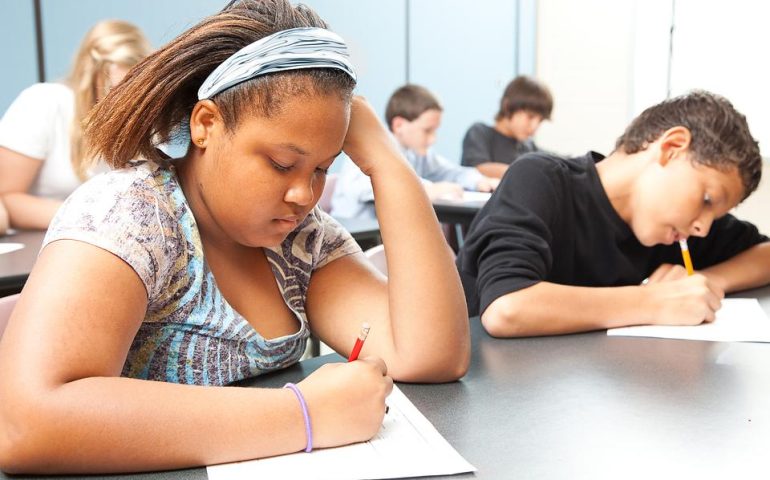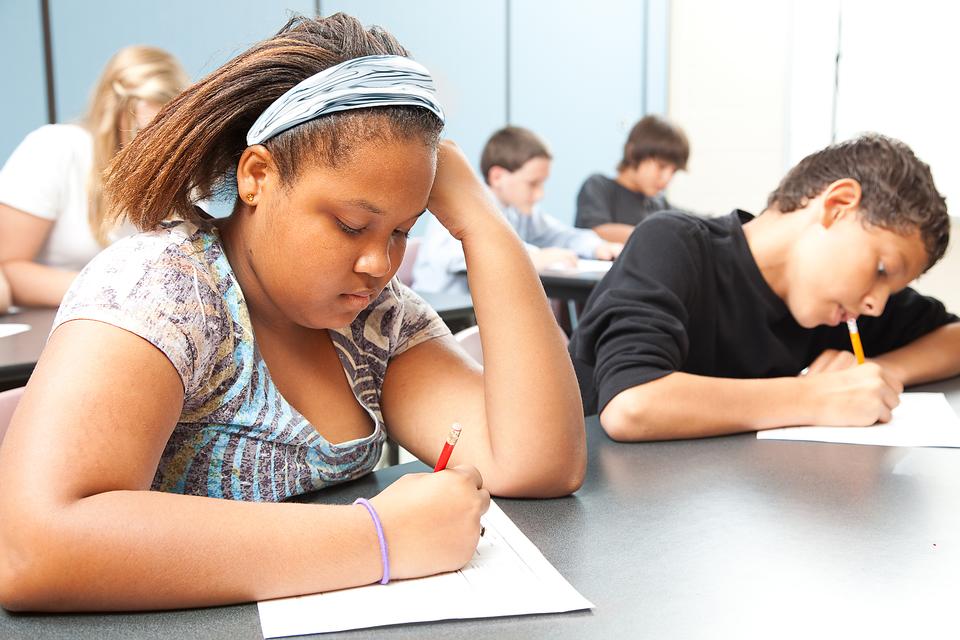Introduction
Albert Einstein once said, “Not everything that can be counted counts, and not everything that counts can be counted.” This quote resonates with a rising trend in American education—the push to reduce the reliance on standardized testing in K-12 schools. Critics argue that the current testing culture measures only a sliver of what makes education meaningful, and often at the expense of creativity, critical thinking, and a love for learning.
1. The Case Against Standardized Testing
Standardized tests have been used for decades to measure student learning and to hold schools accountable. However, they have been criticized for several reasons. Firstly, they often lead to a narrowing of the curriculum, as teachers may “teach to the test” rather than provide a broad, enriching educational experience.
Secondly, these tests tend to overlook students’ diverse strengths and capacities, offering a limited view of student potential. As Sir Ken Robinson said, “Human resources are like natural resources; they’re often buried deep. You have to go looking for them; they’re not just lying around on the surface.”
Thirdly, critics argue that standardized tests disproportionately disadvantage students from low-income families and those with learning disabilities, contributing to educational inequity.
2. The Movement to Reduce Testing
Many education stakeholders—teachers, parents, students, and some policy makers—are advocating for a decrease in standardized testing. They argue for more holistic, multifaceted ways of assessing student learning and school performance.
States like California, for example, have made moves to reduce the reliance on testing. In 2019, the California legislature passed a bill to develop a new accountability system that would look beyond test scores to evaluate schools, considering factors like school climate, student engagement, and parent involvement.
3. Alternatives to Standardized Testing
As schools consider reducing standardized testing, they need viable alternatives for assessing student learning. These alternatives should capture a wider range of student skills and capacities, and ideally, they should also foster a love for learning.
One such alternative is performance-based assessment, where students demonstrate their understanding through tangible products or performances. Project-based learning, for instance, allows students to apply their knowledge to real-world problems, and their success is evaluated based on the processes and products of their work.
Another approach is portfolio assessment, where students collect and reflect upon their work over time. This method provides a rich, detailed picture of student learning, and it promotes student self-assessment and metacognition.
4. Role of Technology in Assessment
Technology can play a crucial role in expanding assessment methods. Digital portfolios, for instance, allow students to showcase a wide range of work—from written essays to video presentations. Online platforms like Seesaw and Google Classroom facilitate such comprehensive assessment practices.
Moreover, technology can support adaptive testing—tests that adjust their level of difficulty based on the student’s performance. This kind of testing can provide a more precise measure of a student’s abilities, compared to traditional standardized tests.
5. The Path to Change
Reducing standardized testing in K-12 schools isn’t a straightforward task. It involves overcoming regulatory hurdles, changing entrenched beliefs about assessment, and training educators in alternative assessment methods.
Collaboration among educators, parents, and policymakers will be key to this transition. Educators can share successful practices and build collective expertise around new assessment methods. Parents can advocate for change at the school and district levels. Policymakers can support innovative assessment practices through funding and policy changes.
Conclusion
The move to reduce standardized testing in K-12 schools represents a significant shift in American education—one that recognizes the multifaceted nature of learning and the diverse talents of students.
John Dewey, a pioneer in progressive education, wrote, “Education is not preparation for life; education is life itself.” By reducing the reliance on standardized tests, schools have an opportunity to cultivate a rich, engaging educational experience that prepares students not just for tests, but for the varied challenges and opportunities life offers.











